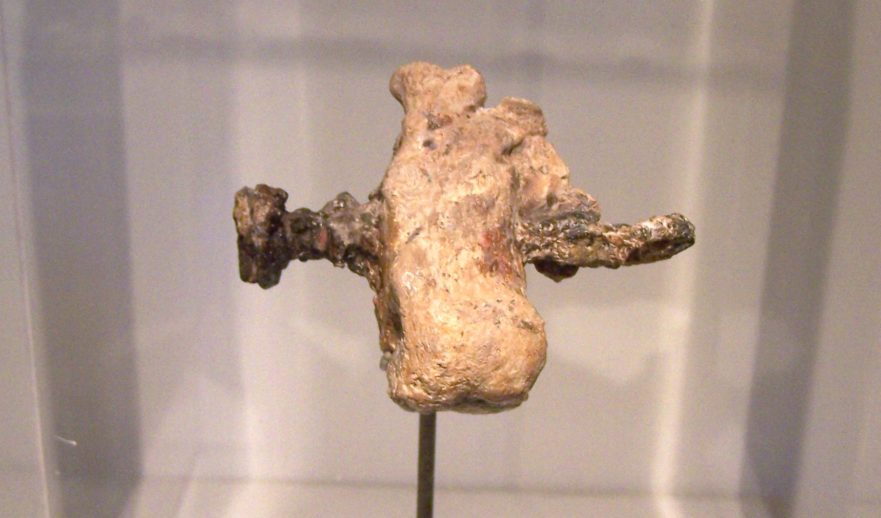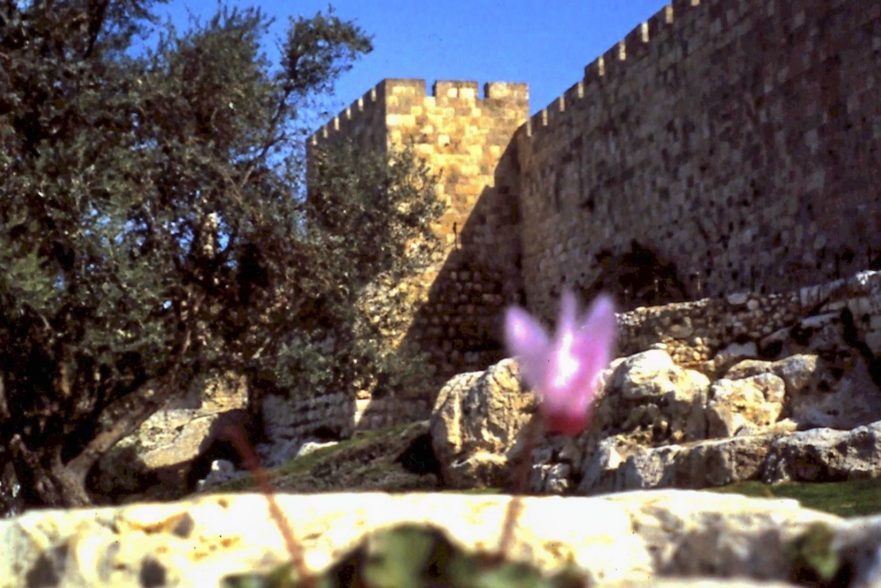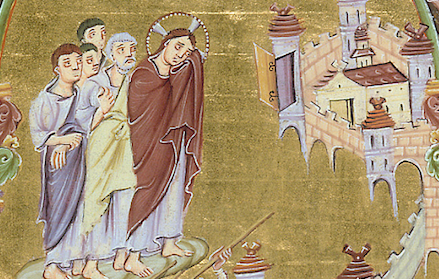Jesus’ command to “love your enemies” was revolutionary! No one before him dared to raise such a high standard for the life of faith.
The Search for Bethsaida: Is It Over?
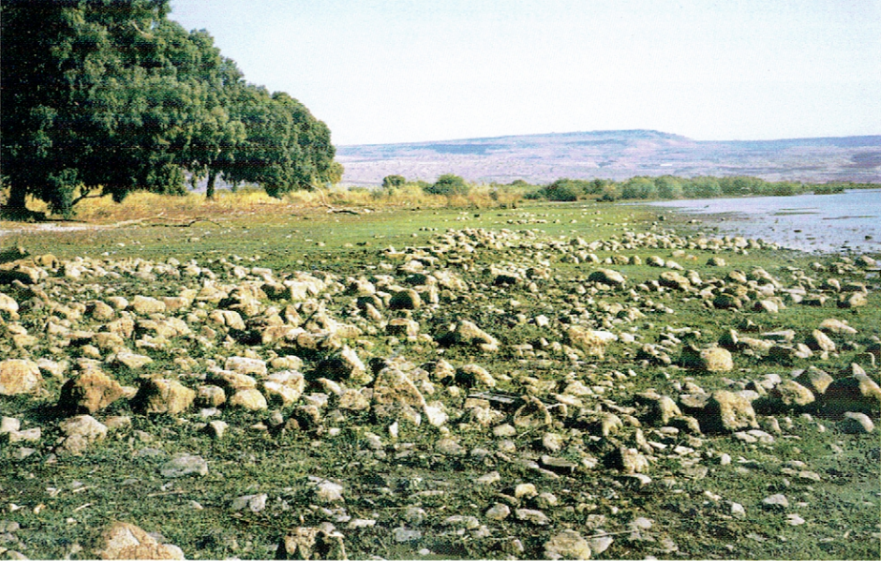
One of the challenging tasks for archaeologists and biblical historians alike is the identification of sites mentioned in the Bible — some of which were destroyed and disappeared in time without a trace. The first comprehensive attempt to locate these sites was that of Eusebius, the fourth-century church historian (ca. 265-339 A.D.).
First-century Jewish Use of Scripture: Evidence from the Life of Jesus
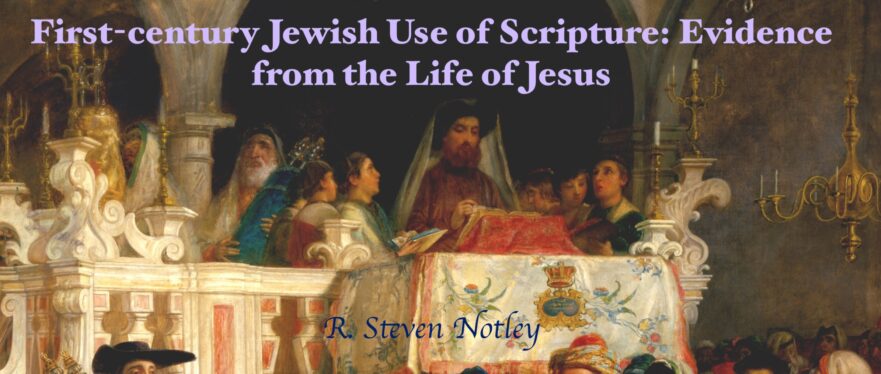
Through the window of a single New Testament episode we can gain insight into how Jesus and his Jewish contemporaries employed sacred texts with creative ingenuity to grapple with the complex issues of their day.
The Cross and the Jewish People
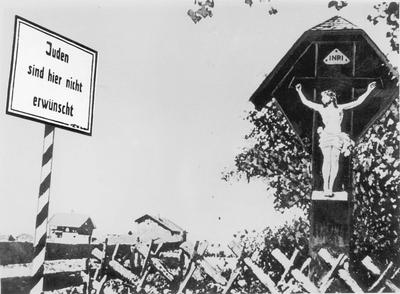
One of the most poignant pictures which exemplify the chasm of historical misunderstanding between Jews and Christians is that found in Yad Vashem, the Holocaust memorial in Jerusalem. It is a photograph of a life-size crucifix that stood outside an unknown German village prior to World War II. In a twist of tragic irony a sign was hung on the cross to warn Jews not to enter the village. It read: “Jews are not welcome here.”
The Sabbath Was Made for Man
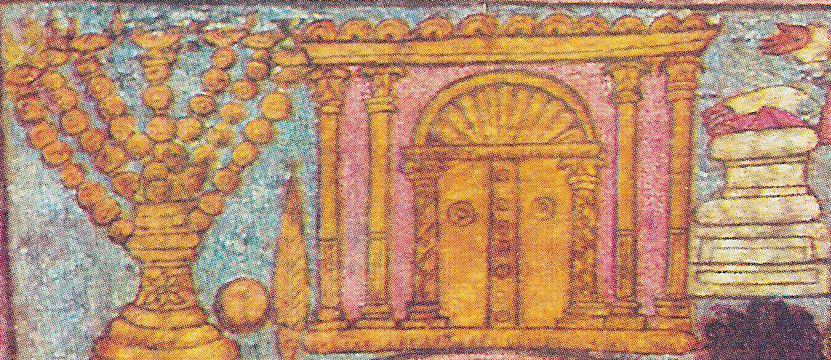
Jesus was no rogue rejecting the Jewish opinion regarding the sanctity of the Sabbath. Instead, he tried to balance the importance of God’s instruction with the extenuating demands of the human setting.
The Teaching of Balaam
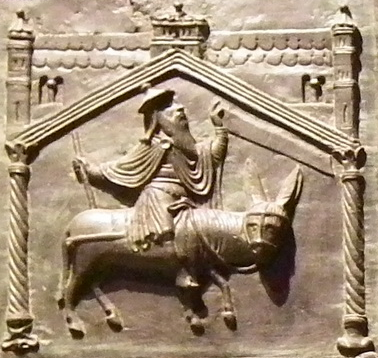
Revelation 2:12-16 is one of those occasions when it is necessary for the Christian reader to be familiar with first-century Jewish interpretation of an Old Testament account.
Something Greater Than the Temple
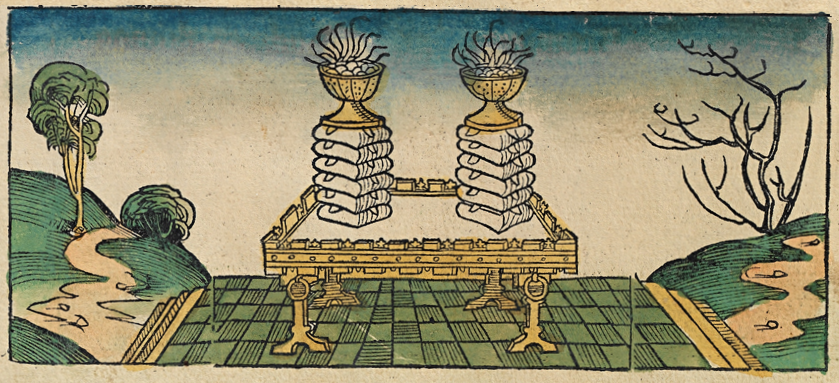
In Jesus’ statement about the Temple he did not speak of himself, he spoke of the needs and value of his disciples.
Let Him Who Is Without Sin…
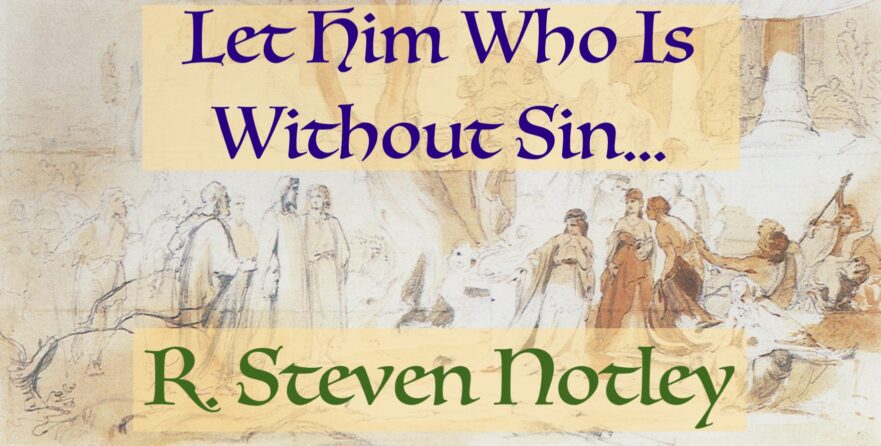
When the story of the woman caught in adultery (John 7:53-8:11) is read within the setting of the Second Temple period, it resonates with authentic attitudes and issues.
The Man Who Would Be King

Scholarship has recognized the similarities between the Parable of the Talents and the historical account of Archelaus’ attempts to inherit the kingdom of his father, Herod the Great. When Herod died, Caesar Augustus divided the kingdom between Herod’s three sons, Archelaus, Antipas and Philip.
“Give unto Caesar”: Jesus, the Zealots and the Imago Dei
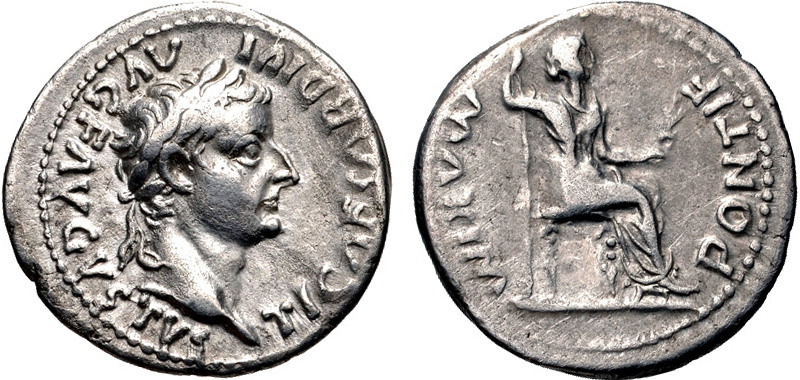
The retorts of Hillel and Jesus exemplify innovative developments in Jewish thought during the Second Temple period, developments that were established on the biblical notion that man was created in the image of God—Imago Dei (Gen. 1:27).
The Season of Redemption

In the face of a national disaster, hope remained. Summer and its ripe figs—signs of future redemption—would come.
Mark’s Account of the Cleansing of the Temple: Literary Device or Historical Fact?

Do the Gospels together comprise an accurate, factual account of what Jesus said and did, so that although they give us different views of the same facts, they are all equally correct? Or, are they only partly a factual account, thus requiring us to tease out the historical facts from the literary glosses of later editors?
Disgusting Illustrations Distract from Worthy Content!

Dr. Notley had no part in selecting the illustrations that accompanied his article.
Anti-Jewish Tendencies in the Synoptic Gospels
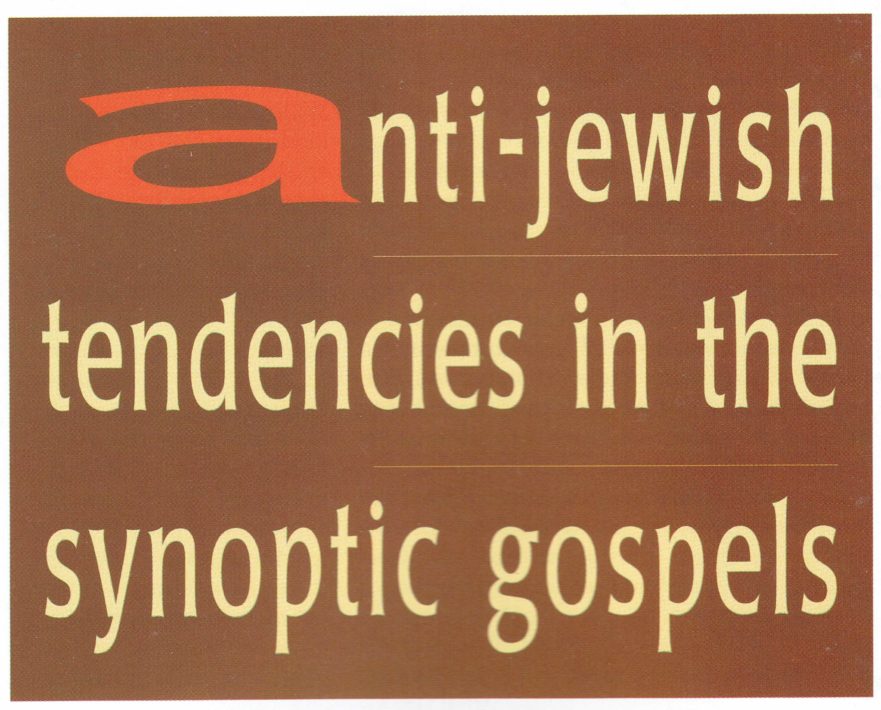
The scourge of anti-Semitism has not departed from the Church. Though recently there have been encouraging signs, many Christians still harbor prejudice against Jews. The Synoptic Gospels may have helped spawn this prejudice. They may even play a continuing role in perpetuating it.


